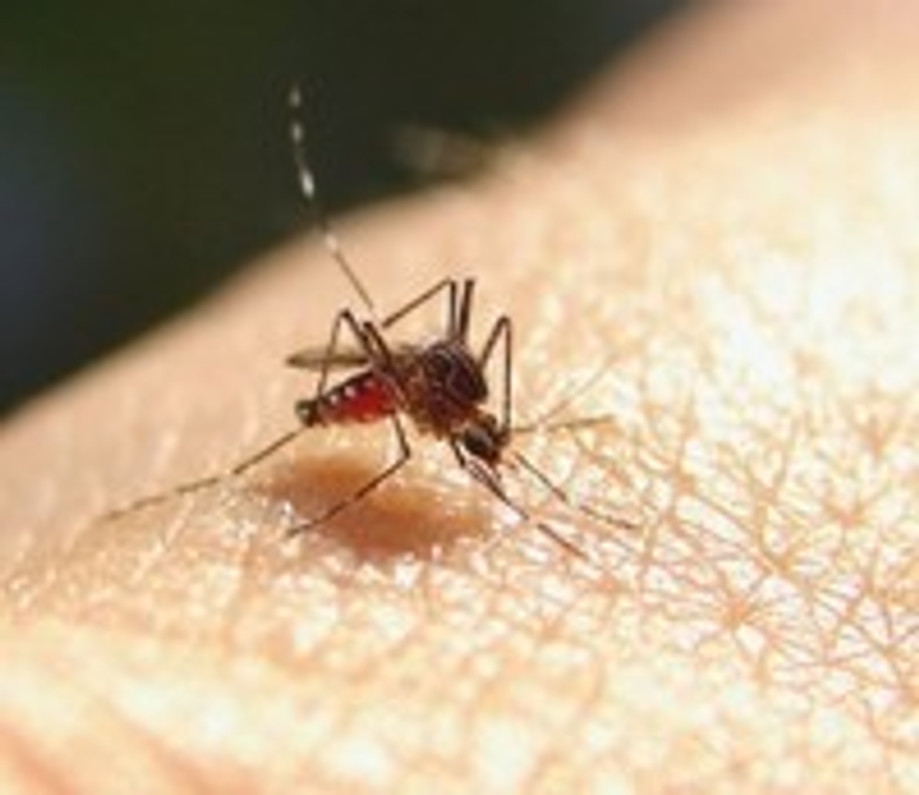WHO Warns of Big Dangers Involving Small Pests
The World Health Organization (WHO) choose the "vector-borne diseases" for its 2014 theme. According to WHO officials, more than half of the world's population is at risk for diseases spread by mosquitoes, ticks, flies, gnats, and other small "vector" insects. The growing number of cases involving vector-borne diseases has led WHO officials to name it their theme for 2014.
Over one billion people are infected with a vector-borne disease the each year. Some of the most common vector-borne diseases include malaria, Lyme disease, schistosomiasis, and yellow fever. Using the slogan "Small Bite, Big Threat," WHO officials hope to bring more attention to the dangers of diseases spread through insect bites.
Unfortunately, it's residents in the poorest countries who are placed at the highest risk of catching a vector-borne disease due to lack of clean water, lack of medicine, poor sanitation and improper housing. All of these elements create the perfect breeding grounds for infectious diseases, placing millions of people at risk.
"A global health agenda that gives higher priority to vector control could save many lives and avert much suffering. Simple, cost-effective interventions like insecticide-treated bed nets and indoor spraying have already saved millions of lives. No one in the 21st century should die from the bite of a mosquito, a sandfly, a black fly, or a tick," said Dr. Margaret Chan, WHO's director general.
WHO officials say vector-borne diseases are spreading throughout the world. Greece, for instance, recently experienced its first case of malaria in over four decades. Officials cite climate change as being a factor in the spread of such diseases.
While most people are familiar with the mosquito-borne malaria virus, schistosomiasis is a relatively unknown disease that's becoming more and more common. It's spread through watersnails and affects an estimated 240 million people. The disease is easily controlled through water sanitation, but the fact remains that dozens of densely populated countries lack the resources necessary for clean water.
Mosquito Prevention Tips:
- Remove sources of still water around your home.
- Wear long-sleeved shirts and pants when mosquitoes are most problematic.
- If you are prone to mosquito bites, apply a high DEET-based repellent when staying outdoors for 15 minutes or longer.
- When camping outdoors, build a fire to ward off mosquitoes as well other potentially dangerous insects.
- Avoid scratching any mosquito bites, as this encourages the chance of an infection setting in.
- Check out the official CDC page here for more insect prevention tips.
Recent Posts
-
Fire Safety in the Workplace: What You Need to Know
What steps are you taking to prevent fires in your workplace? According to the U.S. Occupational Saf …Aug 23rd 2023 -
Is It Safe to Go Jogging With a Cold Infection?
If you're suffering from a cold infection, you might be wondering whether it's safe to go jogging. T …Aug 22nd 2023 -
5 Safety Tips to Follow When Using a Powder-Actuated Tool
Powder-actuated tools are commonly used to join materials to steel and concrete. Also known as Hilti …Aug 20th 2023




